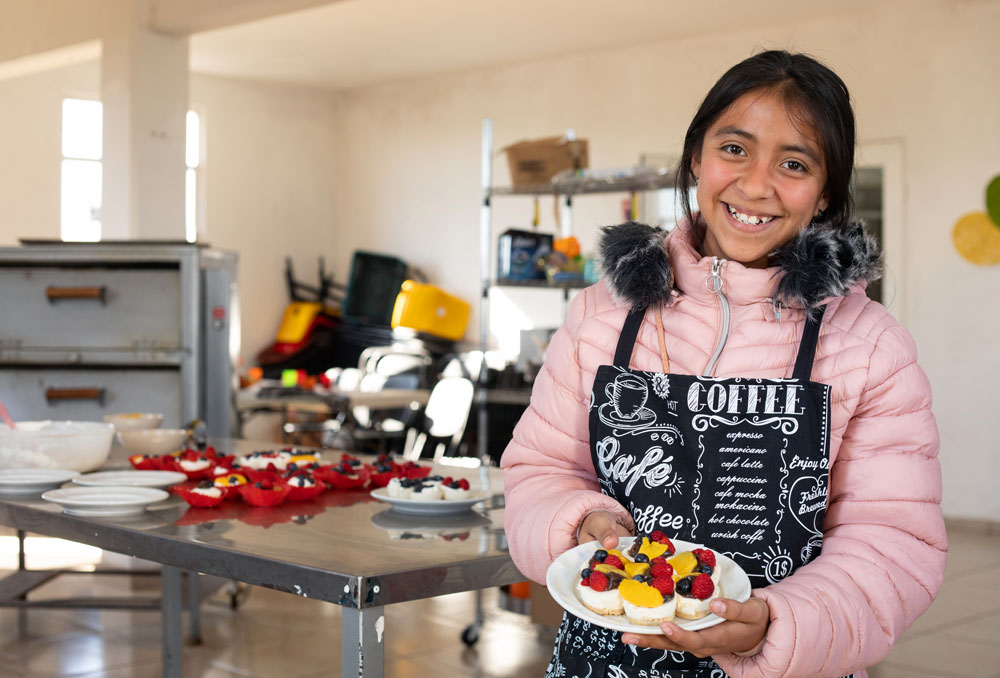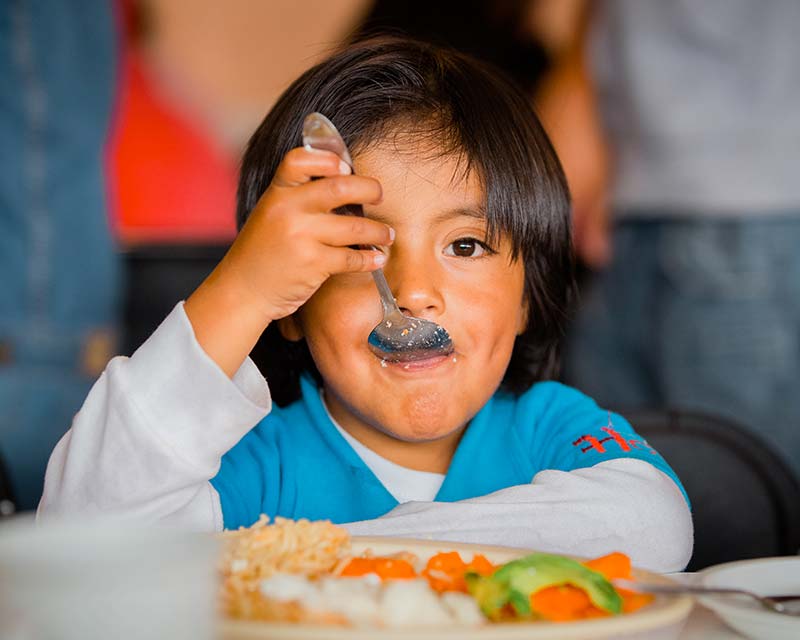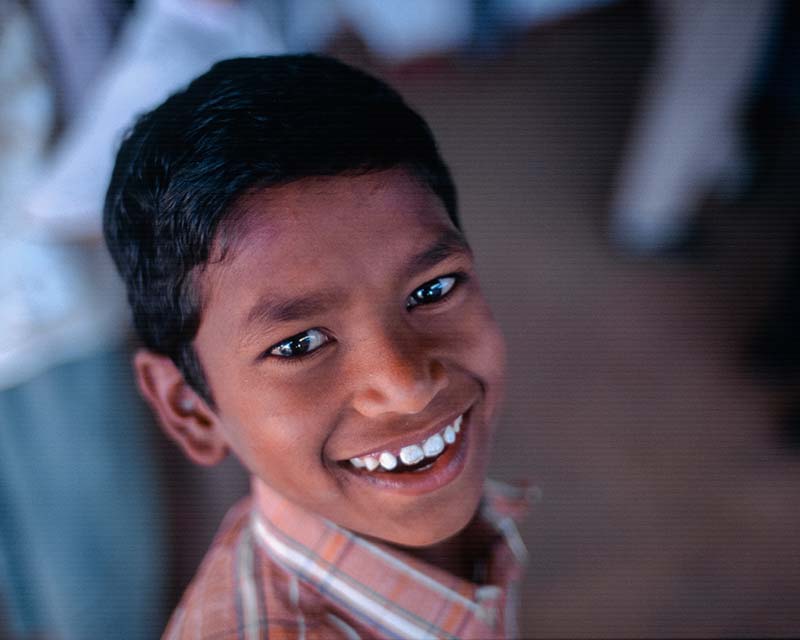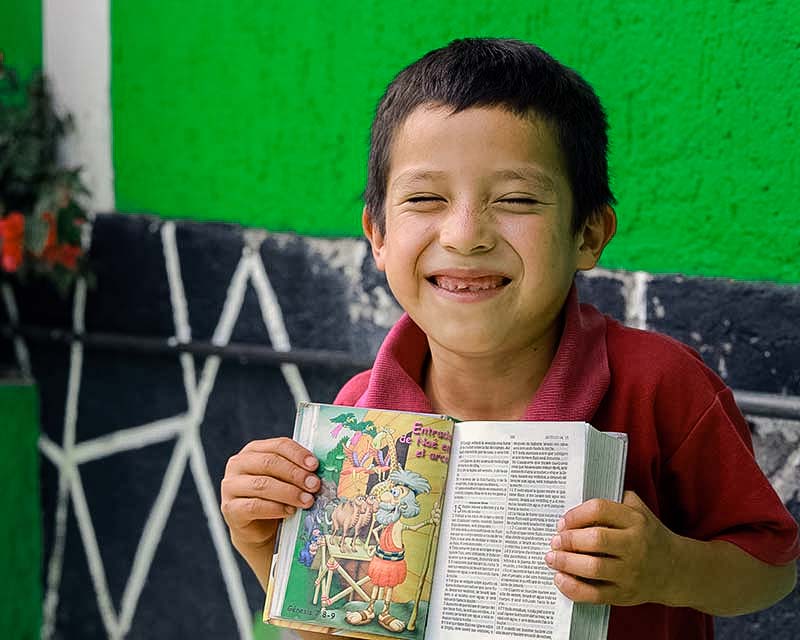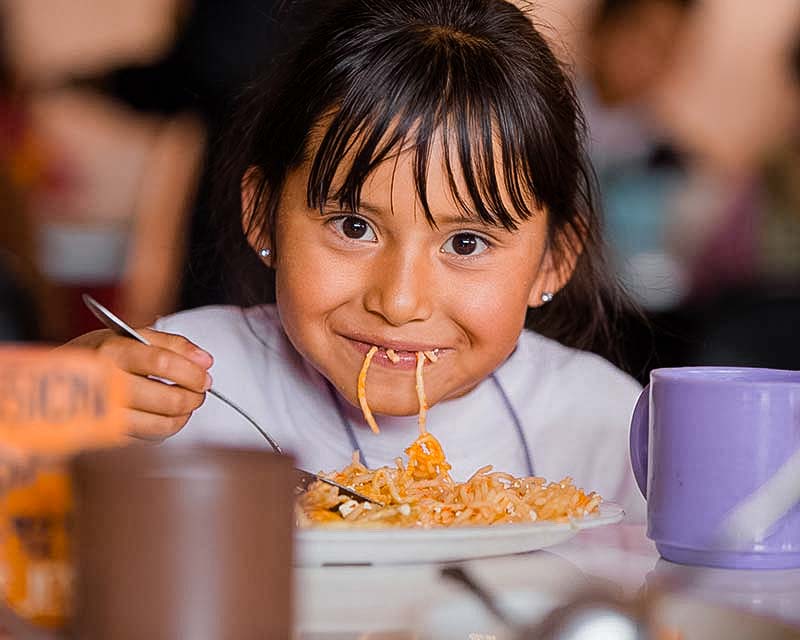From its rugged, arid northern region to its tropical southern border, Mexico features diverse landscapes and cultures. This large Latin American country holds ancient Aztec and Mayan ruins, including the world’s largest pyramid—Cholula. Music and dance are important to local communities, as are family and soccer.
Mexico is the most populous Spanish-speaking country in the world and has a young population. Millions of Mexicans are still living in poverty, often in huge shanty towns that surround the main cities. One of the ramifications of these poor living conditions is that many parents migrate to the United States to find employment, and this has resulted in family instability and a large number of children in the workforce.
Low wages, high unemployment, and inequitable income distribution over many generations has resulted in a difficult and stagnant social and economic climate. The presence of powerful drug-trafficking organisations in Mexico has resulted in in tens of thousands of drug-related homicides and forced disappearances.
In recent years, the Mexico-US border has become a focal point of international tension, with former US President Trump declaring he would build a wall to keep migrants out. In late 2018, a caravan of thousands of migrants from Central American nations travelled through Mexico en route to the US and fetched up at the border, where they were denied entry and driven back with teargas. Many said they were fleeing gang violence and grinding poverty.
Mexico is a large and diverse country and there are many areas which do not experience high levels of crime. Yet stabilising the nation to find a long-lasting and widespread peace has proved extremely difficult. Amid these circumstances, our local church partners are committed to bringing hope and lasting transformation in the lives of children in poverty.
READ MOREkeyboard_arrow_down
READ LESSkeyboard_arrow_up
